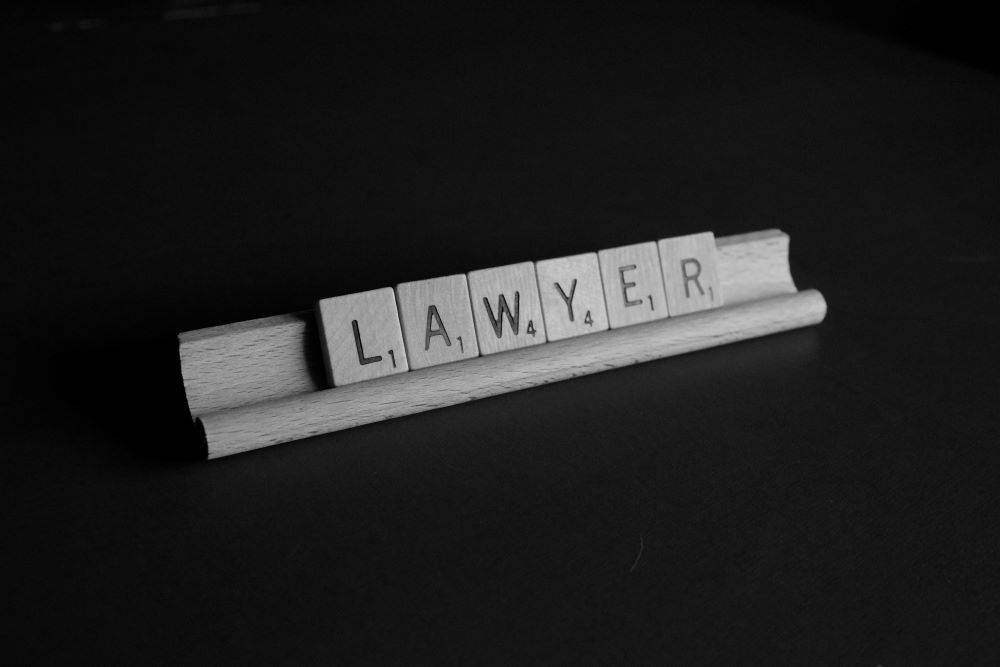Journal Attorney – When is it Too Late to Fire Your Attorney?. Have you ever found yourself in a situation where you’ve hired an attorney, but things aren’t going as smoothly as you had hoped? Deciding to hire an attorney is a significant step in any legal matter, but what if the working relationship starts to break down? It’s crucial to know when it’s too late to fire your attorney and what steps you can take to ensure the best possible outcome for your case. In this comprehensive guide, we’ll delve into various scenarios, considerations, and expert insights to help you navigate this sensitive situation effectively.
The attorney-client relationship is built on trust, communication, and mutual understanding. However, there might come a point where you question whether your current attorney is the right fit for your legal needs. Firing an attorney is not a decision to be taken lightly, but there are situations where it becomes necessary for the sake of your case. Let’s explore when it’s appropriate to consider parting ways with your attorney.
When Is It Too Late to Fire Your Attorney?
Recognizing the Signs of Trouble
Legal proceedings can be complex and emotionally charged. If you notice any of the following signs, it might be an indicator that your attorney-client relationship is in jeopardy:
- Lack of Communication: Communication is key, and if your attorney consistently fails to update you on your case’s progress, it can lead to frustration and anxiety.
- Missed Deadlines: Legal proceedings are time-sensitive, and missing deadlines can seriously harm your case. If your attorney is consistently failing to meet crucial deadlines, it might be a cause for concern.
- Different Strategies: If you and your attorney have conflicting views on the best strategy for your case, it might be a sign that your working relationship is not aligned.
Exploring Solutions Before Firing
Before jumping to the decision of firing your attorney, consider these alternatives:
- Open Communication: Address your concerns with your attorney. Sometimes, a candid conversation can clear up misunderstandings and lead to a better working relationship.
- Seeking a Second Opinion: If you’re unsure whether your attorney’s approach is sound, consider seeking a second opinion from another legal professional.
Factors to Consider Before Firing
Firing your attorney should be a calculated step. Consider these factors:
- Case Complexity: If your case is complex and deep into proceedings, firing your attorney might not be in your best interest.
- Financial Implications: Firing an attorney might lead to additional costs and delays.
If you’ve decided that parting ways with your attorney is the best course of action, here’s how to proceed:
- Review the Agreement: Go through your contract to understand the terms and conditions of termination.
- Notify in Writing: Draft a formal letter or email notifying your attorney about your decision.
- Retrieve Documents: Ensure you collect all relevant documents from your attorney before the transition.
FAQs About When is it Too Late to Fire Your Attorney?
Can I fire my attorney in the middle of a trial?
Yes, you can fire your attorney during a trial, but it’s advisable to do so at a strategic point to minimize disruptions.
Will firing my attorney lead to delays in my case?
There might be some delays as you onboard a new attorney and bring them up to speed on your case.
Can I change attorneys if I’m not satisfied with their services?
Absolutely, you have the right to change attorneys if you’re not satisfied with their services or believe they’re not adequately representing your interests.
What if I can’t afford another attorney?
If you’re concerned about the financial implications, you can explore pro bono legal services or legal aid options in your area.
How do I ensure a smoother transition to a new attorney?
Clear communication and providing all relevant case details will facilitate a smoother transition to your new attorney.
Can I take legal action against my former attorney for negligence?
If you believe your former attorney’s negligence harmed your case, you might have grounds for legal action, but it’s best to consult another attorney for advice.
Conclusion: Empowering Your Legal Journey
Deciding to fire your attorney is a significant step that requires careful consideration. By recognizing the signs of trouble, exploring alternatives, and understanding the process, you can make an informed decision that best serves your legal interests. Remember, your choice of legal representation plays a vital role in the outcome of your case, so it’s essential to prioritize effective communication, transparency, and trust in the attorney-client relationship. We hope our article about When is it Too Late to Fire Your Attorney? can answer your question.
